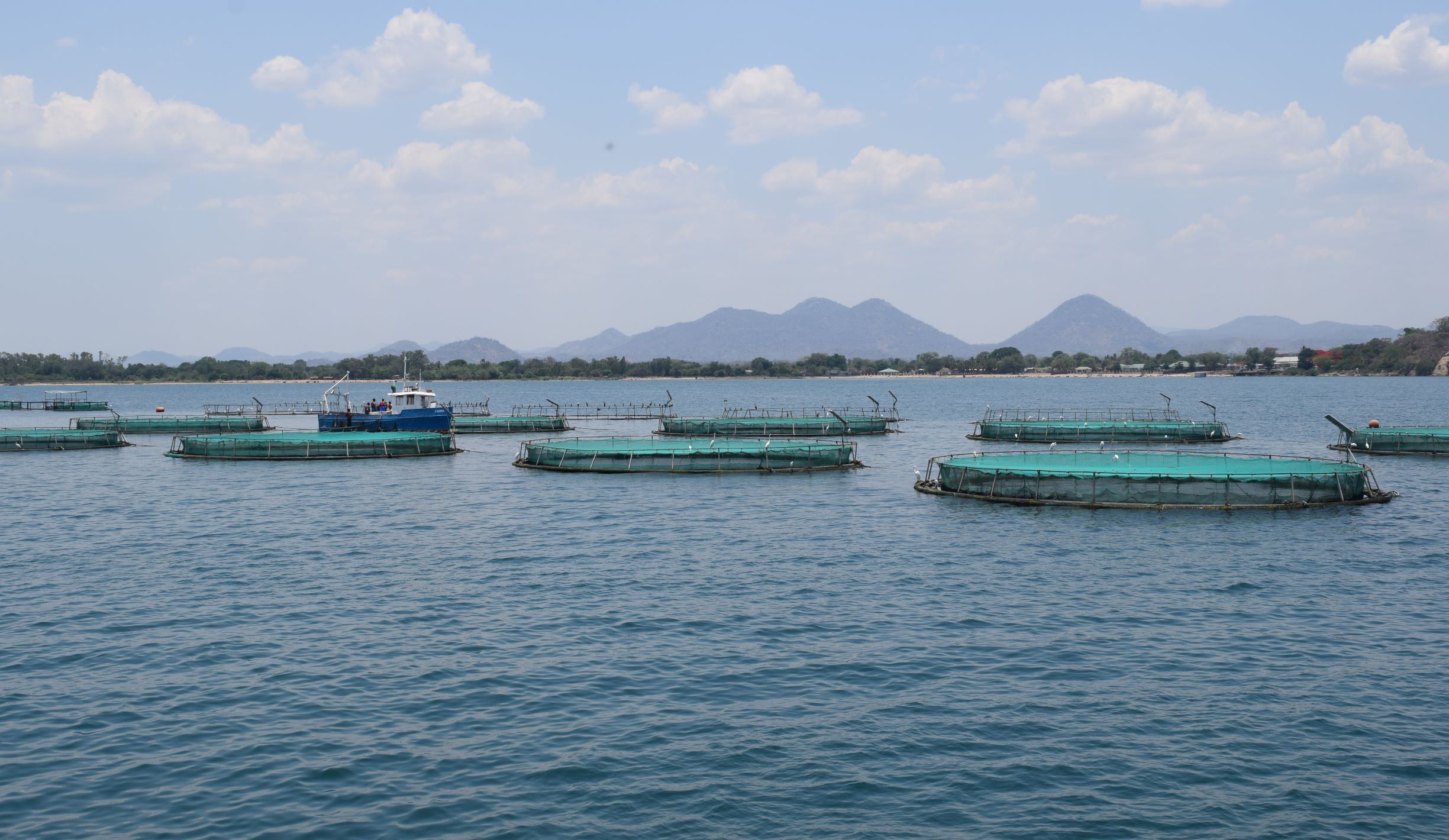Fuel importers owe suppliers K81 billion
Protracted forex challenges in the country have seen National Oil Company of Malawi (Nocma) and Petroleum Importers Limited (PIL) accruing a combined debt of $78.3 million (K81 billion).
Malawi Energy Regulatory Authority (Mera) chief executive officer Henry Kachaje made the revelation yesterday when he mwt with the Parliamentary Committee on Natural Resources and Climate Change.
The Mera CEO said PIL owes its suppliers $16.8 million (K17 billion)on supplies provided on credit while Nocm owes its suppliers $61.5 million (K63 billion) on volumes already uplifted on open credit.
He said the importers have been getting fuel from suppliers with the hope of clearing the debt once forex is secured.
Said Kachaje: “The arrangement has helped the country to get fuel amid forex challenges. However, the importers are still trying hard to source forex to settle the debts.

“The fuel sector players will work hard to ensure that the country has a stable supply of fuel. They have developed a good relationship with suppliers such that even when there are forex challenges, they should still be able to supply fuel.”
Meanwhile, experts have warned that if such borrowing persists, it will be unsustainable and fuel shortages will be back again.
In separate interviews yesterday, economic experts Gilbert Kachamba and Hamis Ali urged government to find sustainable and long-term solutions to the problem.
Kachamba, who is also head of economics at Catholic University of Malawi, said: “This means that we are not yet over with the forex problems and if this borrowing persists, it will reach to a point that we can’t sustain this and fuel may disappear on the market again.
“I hope and believe that government is servicing these debts otherwise there is some disaster looming.”
On his part, Ali warned that such huge loans create a vicious cycle of the same problems we have been facing which are fuel scarcity and its spillover effects such as rising cost of living.
“These are huge sums of money that these bodies are owing to their suppliers, and it is evident that these bodies are running on deficits. Therefore, we should expect three major consequences of this, which are; sudden change (rise) in fuel prices, resurfacing of the fuel crisis, and piling of debts,” he said.
Ali explained that if the suppliers opt to settle these huge sums of money they owe to their suppliers, they will charge more on the same services they provide to generate more revenue to cater for their loans, hence, overall increase in the fuel prices.
He said: “But if they fail or delay to pay back loans which is more likely as now it is evident that these bodies are running on deficits, it is just natural to expect their suppliers to place some sanctions in order to pressurise these bodies to settle their debts which may disrupt supply chain, therefore leading to the same situation we faced last year of scarcity of fuel in the country.
“Finally, if these bodies choose to settle the loans by borrowing more loans, or else if the government is to intervene to bailout these bodies, we can only expect more borrowing as the government is already running on tight budgets. And we already know how unbearable debts have become in this country and how domestic borrowing has exhausted loanable funds which would have been used for private investments.”
He said, in the short-term, expect persistent rise in the cost of living as fuel is a strategic product which plays major role in stabilising costs of products. On his part, Centre for Social Accountability and Transparency executive director Willy Kambwandira said the arrears put to question the sustainability of the current arrangement.
During the Parliament meeting, Reserve Bank of Malawi (RBM) Governor Wilson Banda said the central bank has committed $25 million (K27 billion) to supporting fuel imports for the first quarter of 2023, while commercial banks will also put in $25 million (K27 billion).
He said in the last quarter of 2022, RBM supported fuel importation with $23.8 million (K24 billion) which helped improve the fuel situation.
However he lamented that the country has a huge appetite for imports, saying the country loses about $3 billion (K3 trillion) on imports while exports generate less than $1 billion.






One Comment